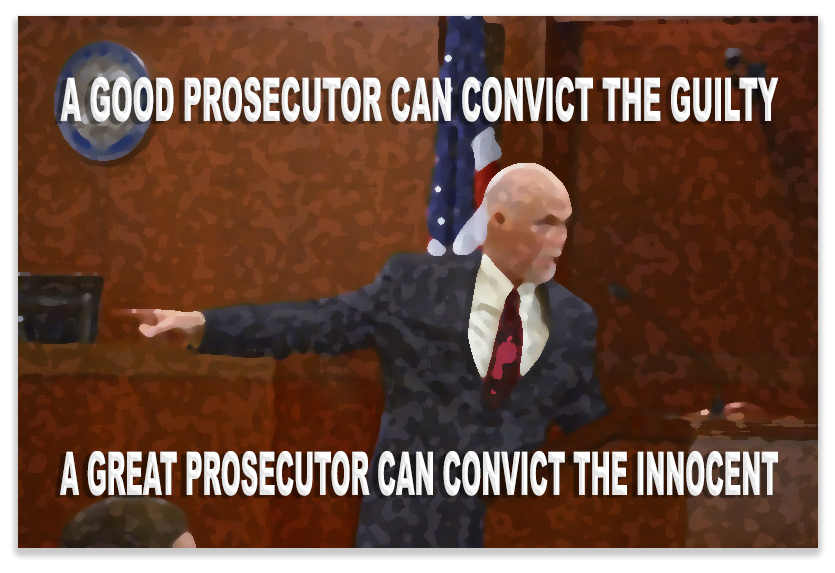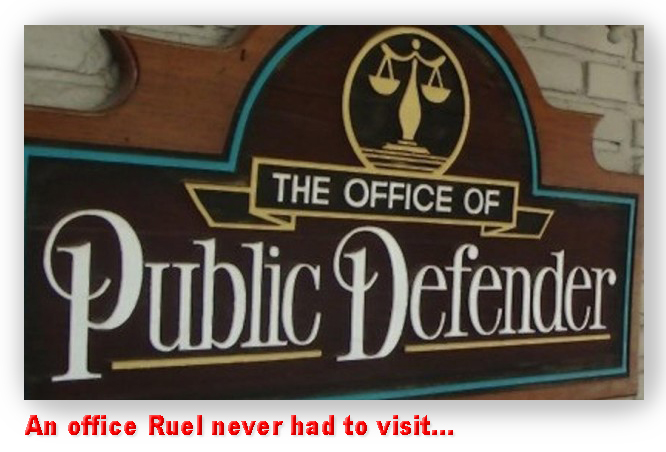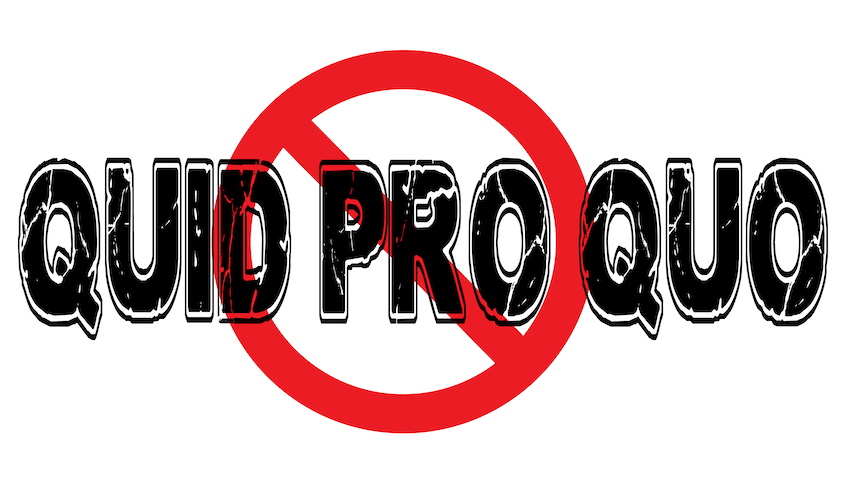We post news and comment on federal criminal justice issues, focused primarily on trial and post-conviction matters, legislative initiatives, and sentencing issues.

TIMING IS EVERYTHING
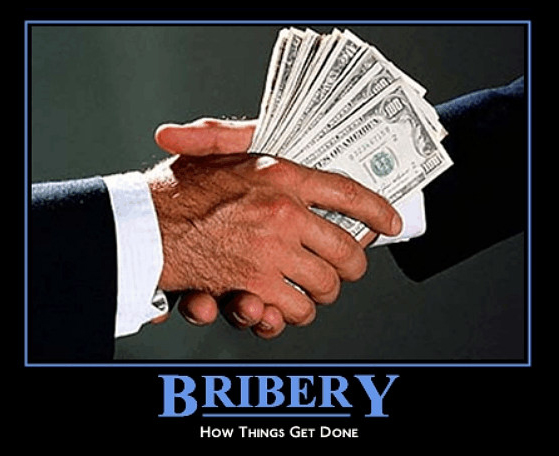 It’s a crime for state and local officials to “corruptly” solicit, accept, or agree to accept “anything of value from any person, intending to be influenced or rewarded” for an official act. That’s a bribe, prohibited by 18 USC § 666.
It’s a crime for state and local officials to “corruptly” solicit, accept, or agree to accept “anything of value from any person, intending to be influenced or rewarded” for an official act. That’s a bribe, prohibited by 18 USC § 666.
Last week, the Supreme Court ruled that § 666 only applies to bribes, not gratuities. The law prohibits state and local officials from accepting bribes that are promised or given before the official act. But gratuities, which are given after the facts, are not covered.
It’s the graft version of “viva la difference.”
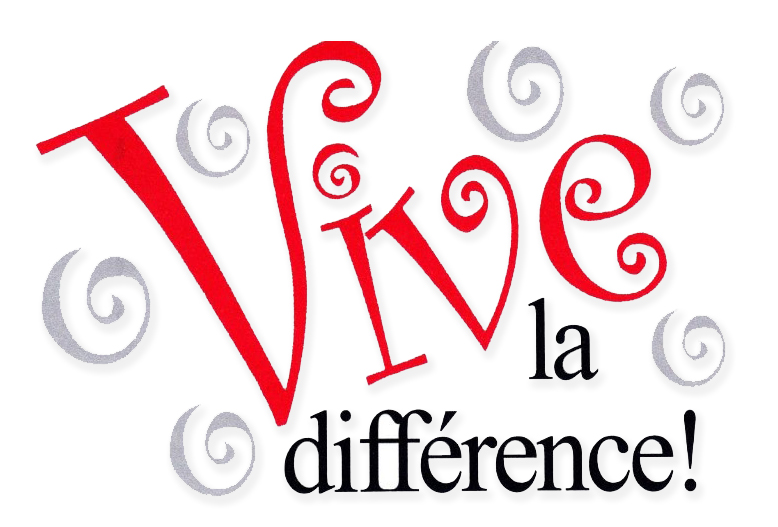 An Indiana mayor got $13,000 after his city bought a million bucks worth of garbage trucks from a local dealer. Hizzoner said the payment was for “consulting.” Uh-huh.
An Indiana mayor got $13,000 after his city bought a million bucks worth of garbage trucks from a local dealer. Hizzoner said the payment was for “consulting.” Uh-huh.
The government couldn’t prove the deal was in place before the truck purchase but told the jury that didn’t matter, because the gratuity after the fact was as illegal under § 666 as the bribe would have been.
Not so, the Supremes said last Friday.
The Court explained that bribes are payments made or agreed to before an official act to influence the official regarding that future official act. American law generally treats bribes as inherently corrupt and unlawful. Gratuities, on the other hand, are typically payments made to an official after an official act as a token of appreciation.
Gratuities, thus, are different. The majority opinion held
Gratuities are typically payments made to an official after an official act as a token of appreciation. Some gratuities can be problematic. Others are commonplace and might be innocuous. A family gives a holiday tip to the mail carrier. Parents send an end-of-year gift basket to their child’s public school teacher. A college dean gives a college sweatshirt to a city council member who comes to speak at an event. A state legislator’s neighbor drops off a bottle of wine to congratulate her for her work on a new law.
As those examples suggest, gratuities after the official act are not the same as bribes before the official act. After all, unlike gratuities, bribes can corrupt the official act—meaning that the official takes the act for private gain, not for the public good. That said, gratuities can sometimes also raise ethical and appearance concerns. For that reason, Congress, States, and local governments have long regulated gratuities to public officials.
 However, such regulation of state or local officials has been left to states and localities. “State and local governments often regulate the gifts that state and local officials may accept,” Justice Kavanaugh wrote in the 6-3 opinion. “Section 666 does not supplement those state and local rules by subjecting 19 million state and local officials to up to 10 years in federal prison for accepting even commonplace gratuities. Rather, § 666 leaves it to state and local governments to regulate gratuities to state and local officials.”
However, such regulation of state or local officials has been left to states and localities. “State and local governments often regulate the gifts that state and local officials may accept,” Justice Kavanaugh wrote in the 6-3 opinion. “Section 666 does not supplement those state and local rules by subjecting 19 million state and local officials to up to 10 years in federal prison for accepting even commonplace gratuities. Rather, § 666 leaves it to state and local governments to regulate gratuities to state and local officials.”
Justice Gorsuch filed a concurring opinion. Justice Jackson wrote a dissent, in which Justices Sotomayor and Kagan joined.
The Mayor has since served his entire 21-month sentence, making his victory (especially since he was also convicted of an IRS-related felony) a bit hollow.
Snyder v. United States, Case No 23-108 (June 26, 2024) 2024 USLEXIS 2843 (June 26, 2024)
– Thomas L. Root



